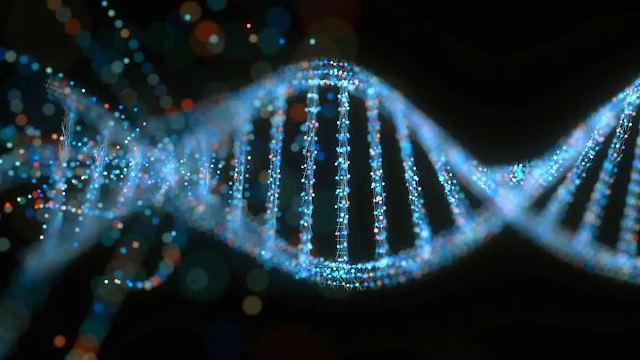The Essential Role of Oligonucleotides in Modern Biotechnology
Oligonucleotides have become an indispensable tool in biotechnology, molecular biology, and genetic research. These short sequences of nucleotides, typically composed of 20-100 bases, serve as the foundational building blocks for a wide range of applications, from diagnostics and therapeutics to gene editing and synthetic biology. Understanding the importance of oligonucleotides and their diverse uses can provide deeper insights into the cutting-edge innovations driving today's life sciences.
What are Oligonucleotides?
An oligonucleotide is a short, single- or double-stranded DNA or RNA sequence that can be synthesized in a laboratory. These molecules are custom-designed to match specific sequences of genetic material, allowing them to bind to complementary DNA or RNA strands. Their ability to target and bind specific sequences makes them incredibly useful for various scientific and medical applications.
The most common types of oligonucleotides include:
- Primers: Short DNA sequences used to initiate DNA replication in polymerase chain reactions (PCR).
- Probes: Labeled oligonucleotides used to detect the presence of complementary DNA or RNA in molecular assays.
- Antisense oligonucleotides: Used to inhibit gene expression by binding to specific mRNA sequences, preventing protein translation.
Applications of Oligonucleotides in Biotechnology
1. Diagnostic Assays
Oligonucleotides are integral to the development of diagnostic assays, especially in the detection of genetic mutations, viral infections, and other diseases. In PCR-based assays, oligonucleotide primers enable the amplification of specific genetic sequences, allowing researchers and clinicians to identify pathogens or genetic markers with high precision. Moreover, oligonucleotide probes tagged with fluorescent labels are used in techniques like qPCR (quantitative PCR) to monitor the progress of amplification in real-time, providing quantitative data on gene expression or pathogen load.
2. Gene Editing and CRISPR Technology
The emergence of CRISPR-Cas9 technology has revolutionized gene editing, and oligonucleotides play a crucial role in this process. Short guide RNA (sgRNA) molecules, composed of oligonucleotide sequences, direct the Cas9 enzyme to specific locations in the genome, where it can cut and modify DNA. This technology has opened new avenues for genetic engineering, enabling researchers to correct genetic mutations, study gene function, and develop novel therapies for genetic disorders.
3. Therapeutic Applications
Oligonucleotides are increasingly being used in the development of new therapeutics. Antisense oligonucleotides (ASOs) and small interfering RNA (siRNA) molecules can regulate gene expression by binding to specific mRNA sequences and preventing the production of disease-causing proteins. These therapies hold promise for treating conditions such as cancer, neurodegenerative diseases, and rare genetic disorders.
Additionally, advancements in LNA (Locked Nucleic Acid) technology have enhanced the stability and binding affinity of oligonucleotide-based therapies, making them more effective in clinical settings. LNAs can improve the specificity of antisense oligonucleotides and probes, ensuring that they target only the intended genetic sequences.
4. Synthetic Biology and Genetic Engineering
In synthetic biology, oligonucleotides are used to construct custom DNA sequences for various applications, such as the production of genetically modified organisms (GMOs) or the synthesis of novel biochemical pathways. Gene fragments, synthesized from oligonucleotides, can be assembled to create functional genes that encode proteins of interest. These innovations are driving the development of new biomaterials, biofuels, and pharmaceuticals.
The Future of Oligonucleotide-Based Technologies
As the demand for precision medicine and targeted therapies continues to grow, the use of oligonucleotides is expected to expand even further. Innovations in gene editing, diagnostics, and synthetic biology will likely lead to the development of more sophisticated oligonucleotide-based tools and therapies. Additionally, improvements in oligonucleotide synthesis technologies, such as automated DNA synthesis platforms, will make these molecules more accessible and affordable for researchers and clinicians.
Oligonucleotides are poised to remain at the forefront of modern biotechnology, offering solutions to some of the most pressing challenges in medicine, agriculture, and environmental science.
Conclusion
Oligonucleotides are an essential component of modern biotechnological advancements, enabling a range of applications from diagnostics to therapeutics and synthetic biology. Their versatility and precision make them invaluable in fields such as gene editing, molecular diagnostics, and drug development. As research and technology continue to evolve, oligonucleotides will undoubtedly play an even greater role in shaping the future of science and healthcare.



Comments
Post a Comment